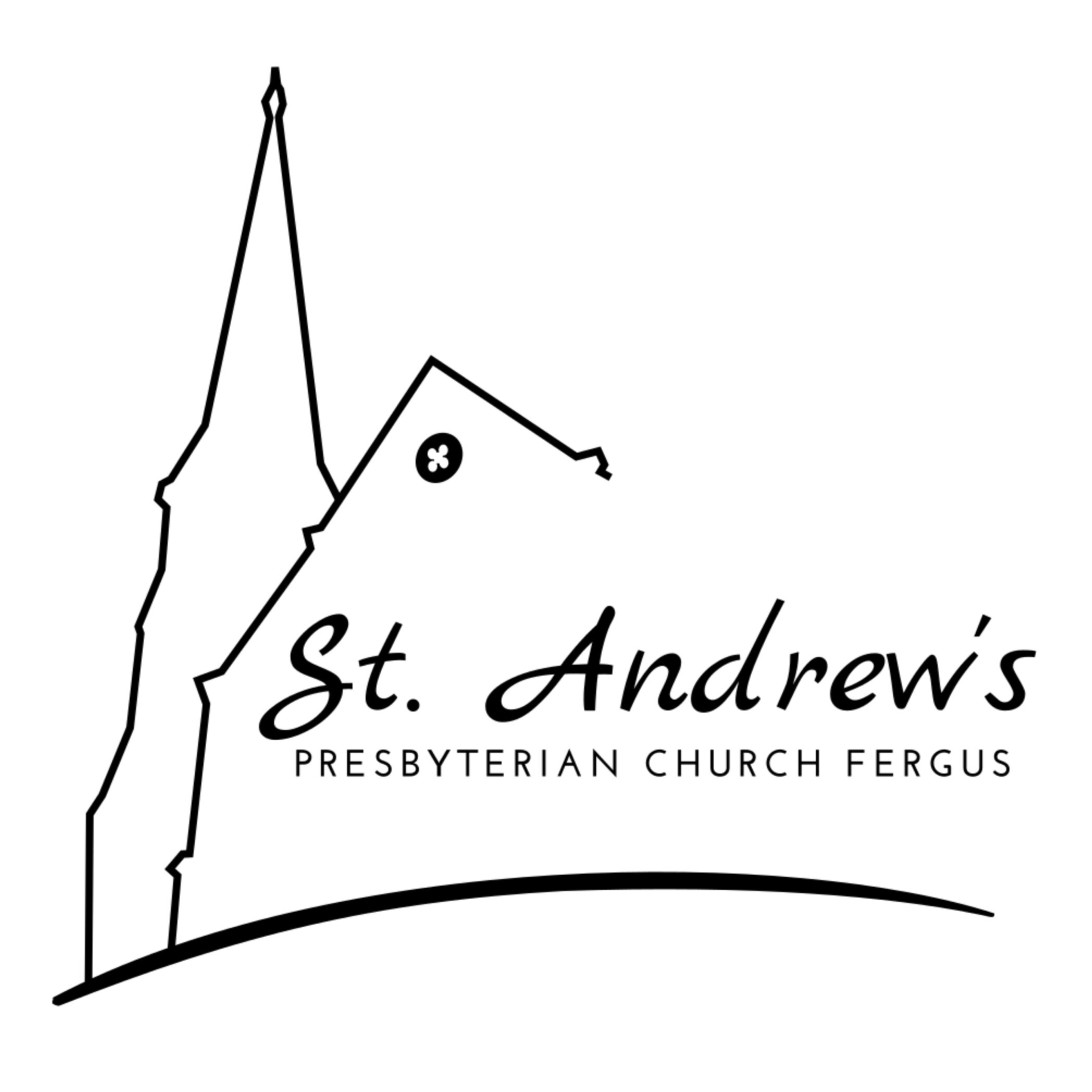The Ride into Jerusalem
Palm Sunday (Sixth Sunday in Lent) – Luke 19:28-44
28 After he had said this, he went on ahead, going up to Jerusalem.
29 When he had come near Bethphage and Bethany, at the place called the Mount of Olives, he sent two of the disciples, 30 saying, “Go into the village ahead of you, and as you enter it you will find tied there a colt that has never been ridden. Untie it and bring it here. 31 If anyone asks you, ‘Why are you untying it?’ just say this, ‘The Lord needs it.’” 32 So those who were sent departed and found it as he had told them. 33 As they were untying the colt, its owners asked them, “Why are you untying the colt?” 34 They said, “The Lord needs it.” 35 Then they brought it to Jesus; and after throwing their cloaks on the colt, they set Jesus on it. 36 As he rode along, people kept spreading their cloaks on the road. 37 As he was now approaching the path down from the Mount of Olives, the whole multitude of the disciples began to praise God joyfully with a loud voice for all the deeds of power that they had seen, 38 saying,
“Blessed is the king who comes in the name of the Lord!
Peace in heaven, and glory in the highest heaven!”
39 Some of the Pharisees in the crowd said to him, “Teacher, order your disciples to stop.” 40 He answered, “I tell you, if these were silent, the stones would shout out.”
41 As he came near and saw the city, he wept over it, 42 saying, “If you, even you, had only recognized on this day the things that make for peace! But now they are hidden from your eyes. 43 Indeed, the days will come upon you, when your enemies will set up ramparts around you and surround you, and hem you in on every side. 44 They will crush you to the ground, you and your children within you, and they will not leave within you one stone upon another; because you did not recognize the time of your visitation from God.”
Luke frames the Palm Sunday story in stark terms. Luke 19:28 – “after he had said this” – the “this” in Luke 19:27 and earlier is the end of Jesus’ parable about a king returning to a country where some people no longer wanted the king to rule. The passage we just read ends with Jesus weeping over the fact that Jerusalem was not prepared to welcome the new king who would have brought peace. In vs. 39 the Pharisees ask Jesus to silence the crowd, is that because the Pharisees don’t want people saying Jesus is king? Or is it because they are afraid that if Pilate hears there is a king other than the Roman emperor, Pilate will do violence against the crowd? In either case, the real king is being rejected.
In contrast to those who are unwilling to accept the king are those who welcome the king with open arms. The owners of the colt freely offer the colt to Jesus’ followers to use. The crowd with Jesus has no problem shouting its joy over Jesus’ arrival. All of these are outsiders, people who have little status or place or importance. They welcome King Jesus who has come in lowliness, riding a donkey’s colt, a universal symbol at the time of a peaceful king. He is a king nonetheless, a king whose reign is a threat to the powers of day because it will win the hearts and loyalties of people. This humble king is the one who in the end will reign victorious. All the military might of the world will bow before this lowly king.
PRAYER:
Lord Jesus, come to our hearts that you might be king of our lives. Shape us to be people who welcome you with joy and in hope. Remind us that your kingdom comes in humility and lowliness to rule over all things. In Jesus’ name. Amen.
